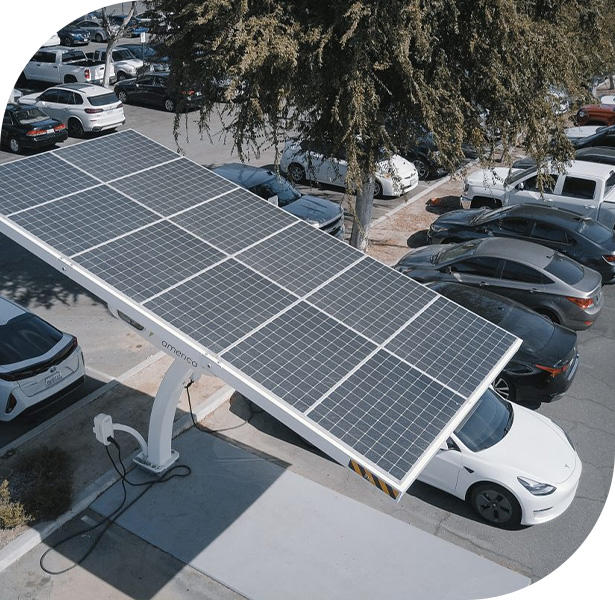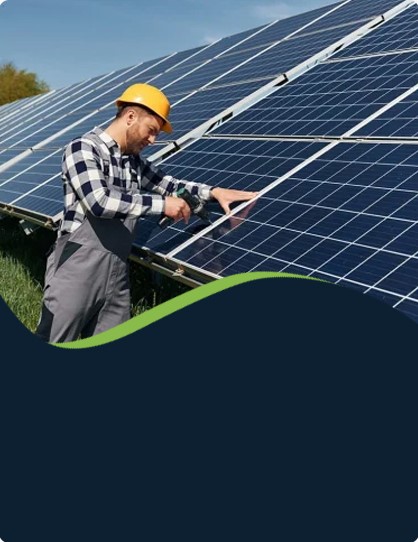
-
[email protected]

-
Building 1, No. 21 Shengfa Road, Lucheng District, Wenzhou, Zhejiang, China



In the expanding field of renewable energy, the integration of solar power with innovative deployment methods has led to the development of small photovoltaic (PV) electrical floating systems. These systems represent a unique and practical solution for harnessing solar energy, particularly in areas where land availability is limited or where water bodies can be utilized efficiently.
Small PV electrical floating systems are designed to install solar panels on floating platforms over bodies of water such as ponds, reservoirs, or lakes. One of the primary advantages of these systems is their ability to utilize otherwise underutilized water surfaces. In many regions, especially urban and densely populated areas, land for solar installations is scarce and expensive.

Moreover, the water surface provides a natural cooling effect on the solar panels. Solar panels tend to lose efficiency as their temperature rises, and the cooling effect of the water can help maintain their performance at good levels. The reduced temperature also extends the lifespan of the solar panels, as they experience less thermal stress over time.
Another significant benefit of small PV electrical floating systems is their small environmental impact. They do not require extensive construction on land, which can disturb local habitats and wildlife. Additionally, the presence of solar panels on the water surface can reduce evaporation rates, helping to conserve water in regions where water resources are limited.
The floating platforms are typically made from durable materials that can withstand harsh weather conditions and the corrosive effects of water. The installation process is straightforward, involving anchoring the platforms securely to the bottom of the water body and connecting the solar panels to the electrical grid or energy storage systems. Maintenance is also simplified, as the floating platforms can be easily accessed by boats or other watercraft for routine inspections and repairs.
These systems are versatile and can be tailored to meet various energy needs. For small-scale applications, such as powering remote cottages, small farms, or off-grid communities, small PV electrical floating systems can provide a reliable and sustainable source of electricity. They can also be integrated into larger energy grids to supplement power generation from other renewable sources. In some cases, these floating systems can be combined with energy storage solutions, such as batteries, to ensure a continuous supply of electricity even during periods of low sunlight.
Despite their many advantages, small PV electrical floating systems do face some challenges. One of the primary concerns is the potential impact on water quality and aquatic life. While these systems are designed to small disruption, careful planning and environmental assessments are necessary to ensure that they do not adversely affect the water ecosystem. Additionally, the anchoring and mooring systems must be robust enough to withstand strong winds and waves, especially in larger water bodies.
Innovations in the design and materials of small PV electrical floating systems are continually addressing these challenges. Environmental monitoring systems can also be integrated into these installations to track and mitigate any potential impacts on the water environment.
In conclusion, small PV electrical floating systems offer a practical and sustainable solution for harnessing solar energy in a variety of settings. Their ability to utilize water surfaces efficiently, provide natural cooling for solar panels, and small environmental impact makes them an attractive option for both small-scale and larger renewable energy projects.
Your email address will not be published. Required field are marked*
